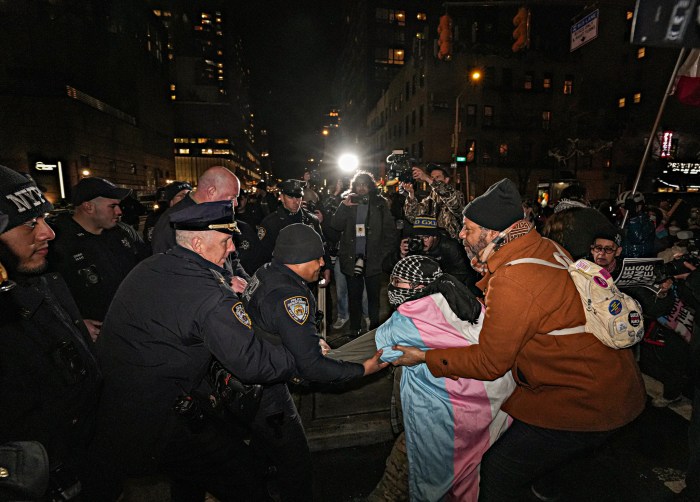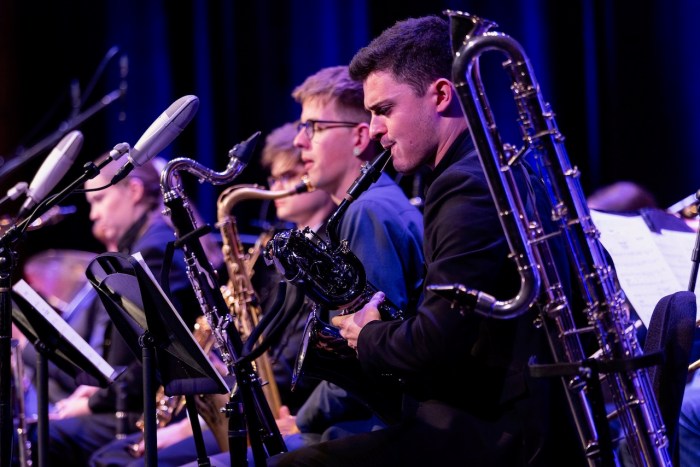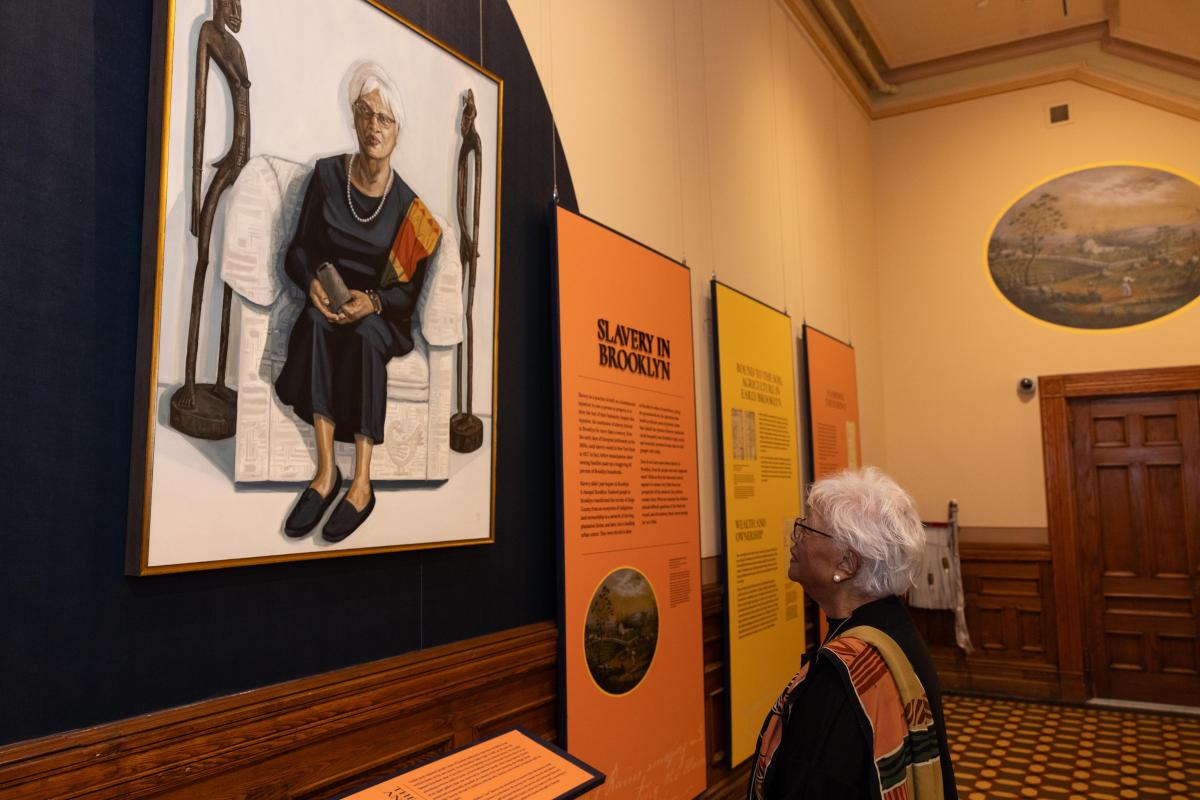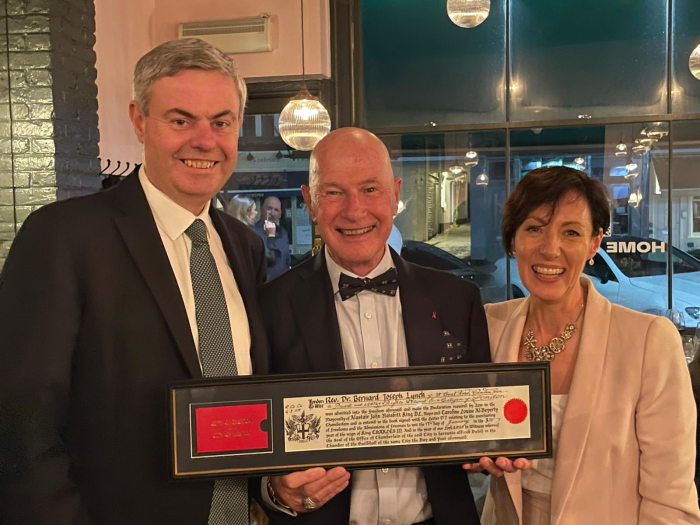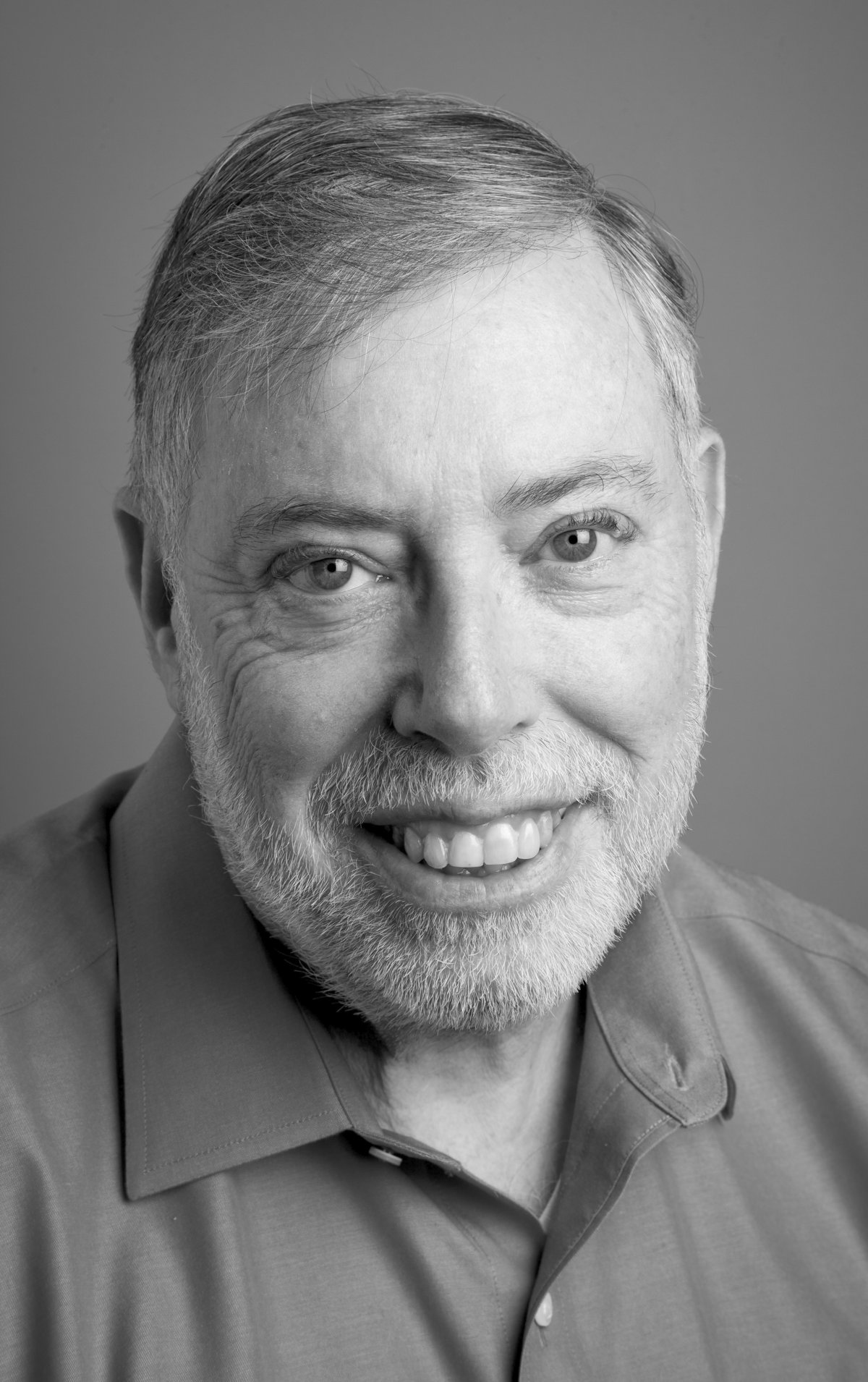
Sam “Transit Sam” Schwartz has been named as the inaugural Theodore Kheel Visiting Fellow in Transportation at the Roosevelt House Public Policy Institute at Hunter College.
By Colin Mixson
Hunter College has selected Downtown Express columnist and legendary urban transportation expert Sam “Transit Sam” Schwartz to serve in the university’s the Roosevelt House Public Policy Institute as the school’s first-ever Theodore Kheel Visiting Fellow in Transportation.
During the semester-long fellowship — named after the New York City transit arbitrator who famously resolved the city’s 114-day-long newspaper strike in the ’60s — Schwartz will work with students on researching innovative techniques for improving transit systems nationwide, according to Hunter College President Jennifer Raab.
“Just as Ted Kheel epitomized responsible transportation solutions for the late 20th century, Sam Schwartz has built brilliantly on that vision to help create a sustainable system for navigating our city — and many other urban spaces — into the 21st century,” Raab said.
Schwartz began as the city’s traffic commissioner under former Mayor Ed Koch in 1982, and later served as first deputy and chief engineer of the Department of Transportation from 1986–1990.
As president and CEO of Sam Schwartz Engineering, Transit Sam was awarded major consulting roles in the reconstruction the World Trade Center area following the 9/11 terrorist attacks, the construction of the Second Avenue Subway, and the planned Brooklyn-Queens Connector streetcar that would link outer-borough neighborhoods along the waterfront.
Schwartz hopes to use the fellowship to advance Kheel’s vision of a more egalitarian transportation system, he said.
“In a 1969 New York Magazine article, [Kheel] wrote: ‘Transportation is as much a civil rights issue as housing and education and jobs.’ Almost a half-century later, a nucleus of planners and engineers are finally reaching that conclusion,” Schwartz said. “I am hoping my fellowship can offer scholarly research that, among other things, advances his keen observation.”





